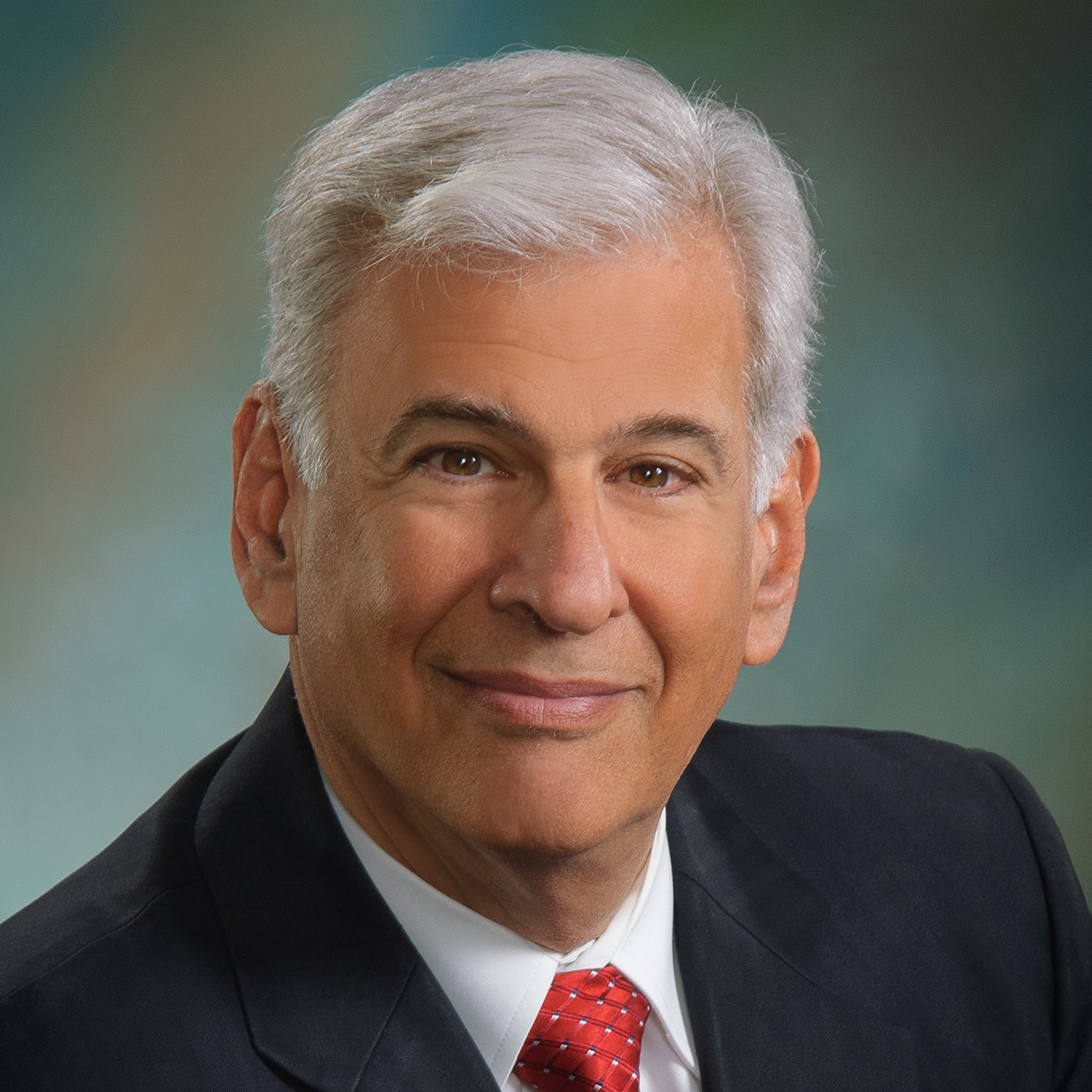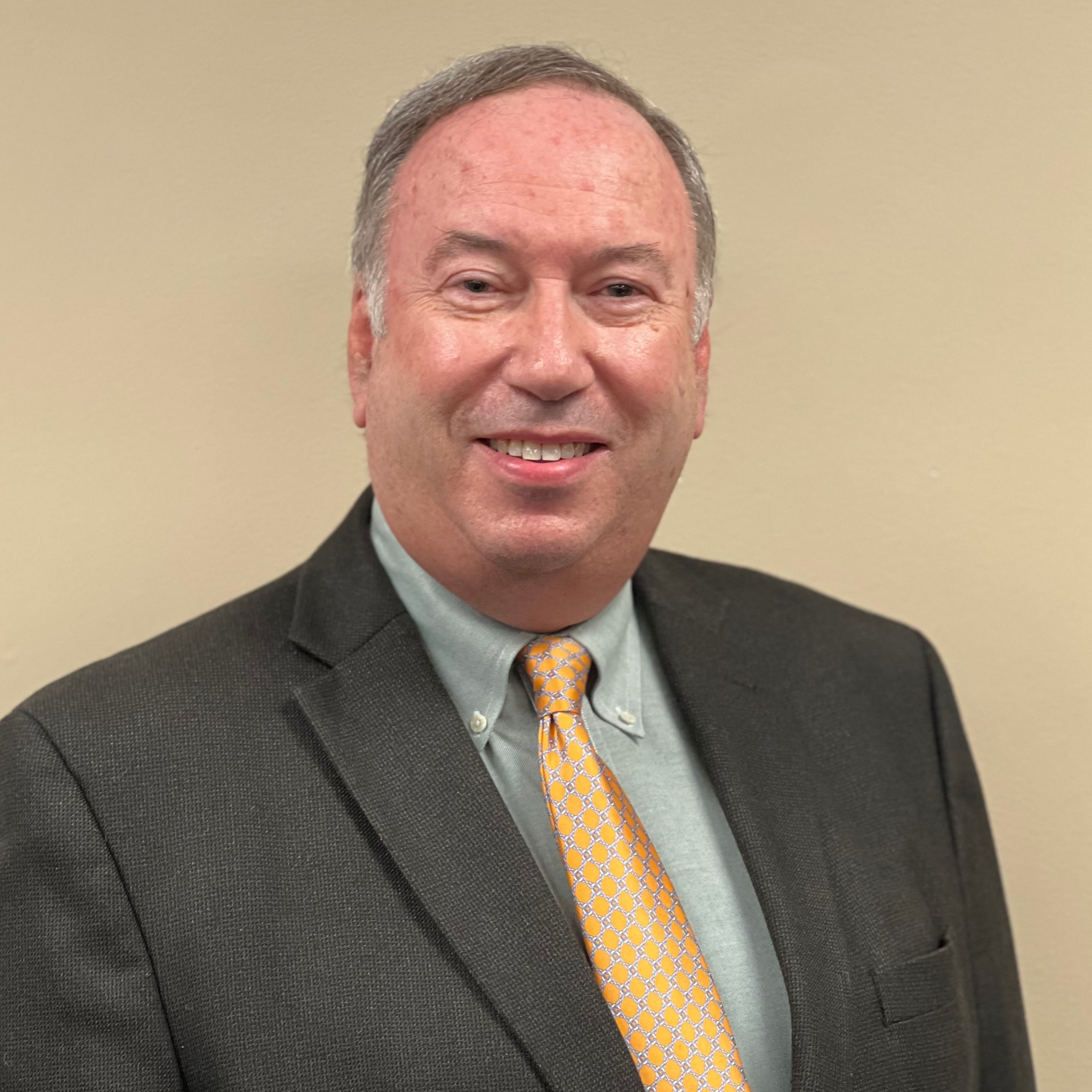Effective healthcare finance leaders understand more than just finance

For anyone embarking on a career in healthcare finance, one question is likely to be top-of-mind: What is required for success in healthcare financial leadership?
As a 37-year member of HFMA’s First Illinois Chapter and CFO of University of Illinois Hospital and Health Sciences System (UI Health) in Chicago, Laurence Appel, CPA, FHFMA, is well qualified to answer this question.

Here’s Appel’s response: “Finance leaders need a broad perspective to understand all aspects of both hospital finance and operations, and they need to know how to use this knowledge to support strategic decision-making. And it is especially important that they be focused not just on finance, but also on the clinical aspects of the business, mission of the organization and responsibility to meet the community’s healthcare and social needs.”
Appel is a seasoned healthcare financial executive who has served more than 40 years in the industry, with 35 having been in senior financial management roles. He also is a recipient of the HFMA’s Founders Medal of Honor.
He has applied his finance-leadership maxims throughout his experience as a healthcare finance executive, which began shortly after the advent of the PPS/DRG reimbursement system of 1983.
As a leader, he saw the development of managed care reimbursement since the late 1980s and experience the profound impacts of three major pieces of healthcare legislation: Balanced Budget Act of 1997, the Medicare Modernization Act of 2003, and the 2010 Affordable Care Act.
Appel has been a finance leader at UI Health since 2014, and he became its full-time CFO Health in July 2018. As a major state-owned urban academic medical center, UI Health has a 70% payer mix, consisting of mostly Managed Medicaid and Managed Medicare. It presents a challenge for any CFO in having limited state/university funding and in lacking an affiliated community-hospital network.
Appel underscored the importance of acknowledging that every hospital and healthcare system has its own unique financial and operational challenges.
“You can’t wait to see what other organizations are doing before you act,” he said. [ECR1] “You just have to get started and focus on the best ideas that will move the organization forward. It takes collaboration with your own finance team as well as all the constituents who have a stake in the outcome.”
Appel also has applied this principle at UI Health. In dealing with the health system’s particular issues, he makes it a point to involve those stakeholders who will help bring about the best outcomes, including at the local or state levels.
Promoting cost effectiveness of health
UI Health has a deep commitment to promoting cost effectiveness of health, Appel said. He suggested that commitment is evidenced by the health system’s response to COVID-19, which included a strong focus on vaccination as the critical element for keeping its population healthy and out of the hospital.
“During the Pandemic, UIC opened the first mass vaccination site in Chicago at the sprawling UIC Pavilion,” he said. “While the vaccinations were taking place, the finance team tracked and reported COVID-related expenses and lost revenues. This effort was invaluable in ensuring his organization received and properly reported CARES Act Provider Relief Fund payments of over $100 million. It allowed us to maintain appropriate staffing levels, with no layoffs, pay supplemental wages and stock up on PPE. This made a significant impact during an extremely trying time.”
Appel’s best HFMA memory
Looking back over the more than 20 HFMA Annual Conferences he attended, Appel said his fondest memories are of making friends with his peers and with vendors.
“The education sessions have been invaluable, but it’s the social interactions that have continued to resonate with me,” he said.
Closing thought
Appel concluded by calling upon finance leaders to maintain optimism in guiding their organizations through what may be some difficult times in the years ahead.
“The future of healthcare finance is going to be challenging for all our institutions,” he said. “But the strongest leaders will be undeterred by the immediate challenges and will recognize that now is a great opportunity for them to become leaders in their organizations to set the stage for success in the next 10 to 15 years.”
Editor’s note: With this series of columns, we recognize the dedication and insights of HFMA’s longest-standing members, healthcare finance executives with memberships of 25 years and longer. If you would like to share your perspectives, please feel free to contact the author.
Words of advice from a 37-year HFMA member
Laurence Appel shared five recommendations for finance leaders who work in the healthcare industry.
1 Collaboration between hospital finance leaders and clinical partners (physicians, nursing and other staff) is key to a successful organization. Senior finance executives should not discount the need to maintain a broad perspective in understanding all aspects of hospital and related operations and in using this knowledge to support strategic decision-making. This admonition applies especially to the clinical aspects of the business and to the organization’s mission and collective responsibility to meet the community’s healthcare and social needs.
2 Senior finance leaders should be an educational resource for their staff. They should do more than just report historical results and prepare budgets. It is imperative that they educate all levels of the organization on a variety of financial topics. Clinical and operating management and staff require such knowledge to understand why it is important to maintain a solid operating margin that includes capital allocations and the financial planning process to ensure appropriate funding of future operations.
3 Balance sheet management is just as important as income statement management. To maintain a strong balance sheet, senior finance executives require a deep understanding of the interrelationships among assets, liabilities, debt capacity, capital finance and investment reserves. As proven during the pandemic, liquidity is crucial! UI Health uses metric medians from all three rating agencies (Moody’s, S&P, and Fitch) to set goals and report results to all levels of the organization, up through the board.
4 It is imperative to recruit and retain the highest quality talent throughout the finance division. Because of the complexity of healthcare finance, leaders need to be highly skilled both technically and in managing their staff. They also should actively strive to be a good mentor. If you haven’t been educated and coached on effective mentorship, don’t hesitate to pursue such opportunities.
5 Get involved in HFMA, particularly at the chapter level. It is an invaluable source for information, education and relationships.





